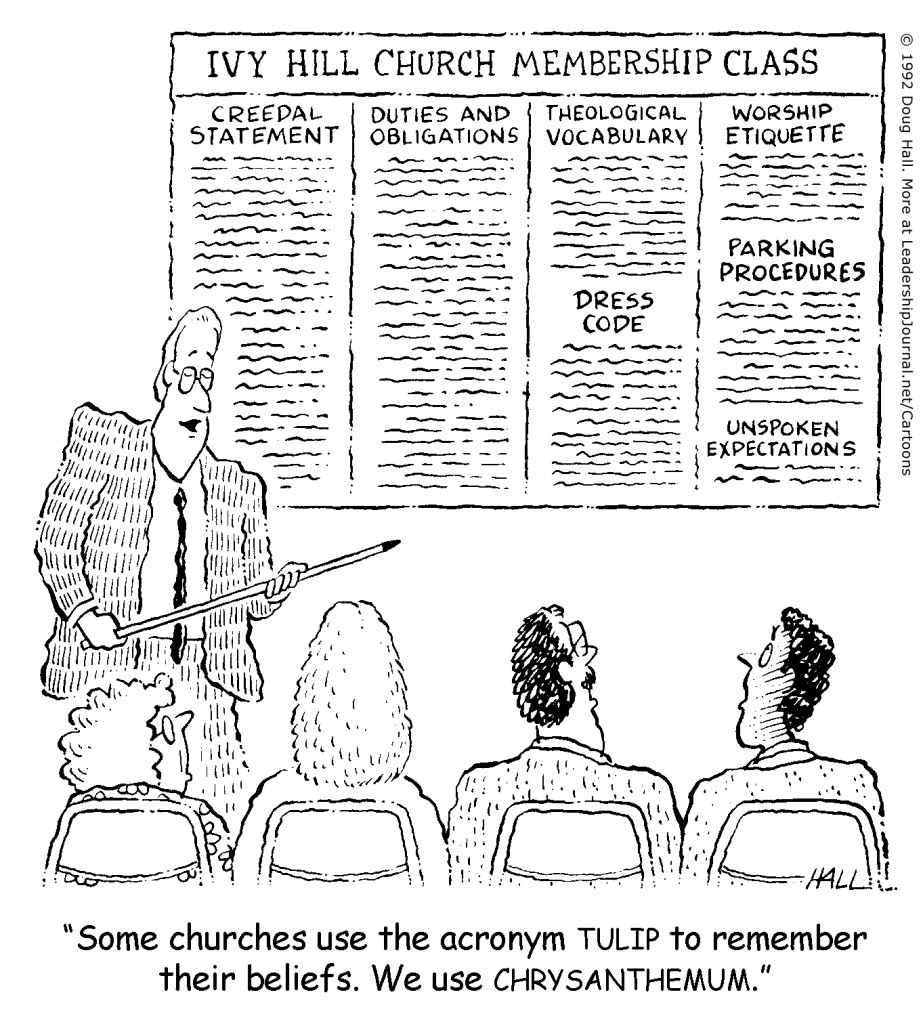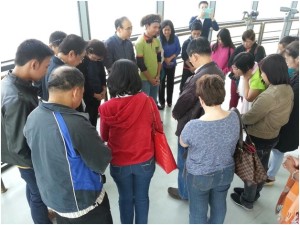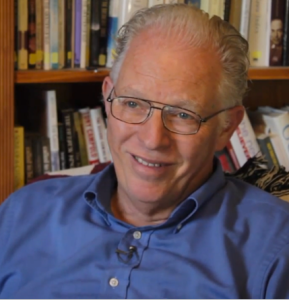Dear Brothers and Sisters in Christ,
 The cartoon below gives me a lasting chuckle, though my laughter is mixed with a tinge of sadness from my past. When I was a child, my parents taught me to take notes in church. There was “a method to their madness”—they wanted me to pay attention in church rather than retreat into my own thought world. Note-taking was a good way to help me concentrate. No matter how riveting or boring the message, each week my parents would check my notes to make sure I had been listening. The better my notes, the better I enjoyed my weekend. However, as we have all experienced, some sermons were easier to listen to than others.
The cartoon below gives me a lasting chuckle, though my laughter is mixed with a tinge of sadness from my past. When I was a child, my parents taught me to take notes in church. There was “a method to their madness”—they wanted me to pay attention in church rather than retreat into my own thought world. Note-taking was a good way to help me concentrate. No matter how riveting or boring the message, each week my parents would check my notes to make sure I had been listening. The better my notes, the better I enjoyed my weekend. However, as we have all experienced, some sermons were easier to listen to than others.

The standard sermon format in the church of my youth had seven points, though some had 12 and others had three. Some sermons were pointless (pun intended), but that was not the norm. We were told to “inculcate” these various points “into our lives.” One advantage of listening to such sermons was that my vocabulary increased immensely, adding words like inculcate, admonish, reprehensible and proleptic (words you don’t typically hear a 10-year old say!). But there also were disadvantages. One was that by the end of the year I had 364 points that I was admonished to inculcate. By the end of the second year the list had grown to 728! Such is the burden of a “works-righteousness” approach to sermons and life. For a humorous take on this, see my video at http://youtu.be/YAPnszQ_V_E. By the way, I’m not against having points in sermons—some of the points I learned as a child were helpful.
Once when I was attending one of his week-long seminars, I joked with presenter John Maxwell about the proliferation of points in his presentations and books with titles like, 25 Ways to Win with People, 21 Irrefutable Laws of Leadership, 21 Indispensable Qualities of a Leader, 15 Invaluable Laws of Growth and 17 Indisputable Laws of Teamwork. John laughed when I said that I was still working on memorizing over 2000 of his points, and was wondering how many rules there are to efficient memorizing! Please understand that I’m not picking on John—there is much helpful information in his books and seminars.
Rightly used, lists and points can be helpful, even necessary. We have our own in the various GCI policy manuals. In some ways, I wish they weren’t necessary, but in a time when a growing number of people look to file lawsuits, we must have policies that minimize risk. Most importantly they help us stay focused on the simplicity that is in Christ, even as we function within a world of great complexity.
Though lists can be helpful, the ones I endured as a child often obscured the reality of who Jesus is in relationship to God and to us. It is on these things that our sermons should focus. The simplicity of our relationship with Christ is where we “live and move and have our being” (Acts 17:28). He is the one who places us in right relationship with the Father and Spirit. He is the one to whom we belong, with all our being. He brings us together and makes us one by his Spirit.
The church is a place where people should sense that they are wanted and loved—by God and his people. When they experience that belonging, their lives begin to change and unity of purpose is experienced despite differences of age, gender and socio-economic status. Let me illustrate this with a couple of examples.
One of our U.S. pastors, David Perry, led a fundraising project to buy bicycles for GCI pastors in Mozambique. In sharing his gratitude for the contributors, he told me where some of the donations originated. Six elderly people in a small house church gave $50.00—an amount that was all they could afford among them. David got misty-eyed as he explained that they just wanted to participate in an outreach project, despite limitations of age and finances.
Our church in Guadalajara, Mexico, pastored by Alfredo Mercado, has had an increasing focus on mission. Recently they had several baptisms. Last year, they hosted a GCI conference coordinated by Lorenzo Arroyo. Others attending from the U.S. included Lorenzo’s wife Rita, Heber Ticas, Gary and Cathy Deddo and Tammy and me. It was a delightful, joy-filled time. One family who drove several hours to attend was inspired to go back home and plant a house church. The conference was made possible by donations from GCI congregations pastored by Robin Chester in Bend, Oregon, and by Mike Swagerty in Sacramento, California.
There are many more such stories that illustrate a focus on the simplicity that is in Christ—churches where members see a need, then join together to meet it. Some of our churches are supporting church plants, others are supporting summer camps and several are covering the travel costs for elders to come to our Glendora office and other far-flung places to receive needed training.
When we focus on the simplicity that is in Christ, we focus on what Christ is doing—sharing with us the love and life of the Father, Son and Spirit. As we join with Jesus, we are transformed into his likeness. This is what the church is all about—living and sharing the gospel. I am more grateful than words can express for the ways our churches are joining Jesus in this gospel ministry. But I will just keep saying “thanks.”
Working together for the gospel,





